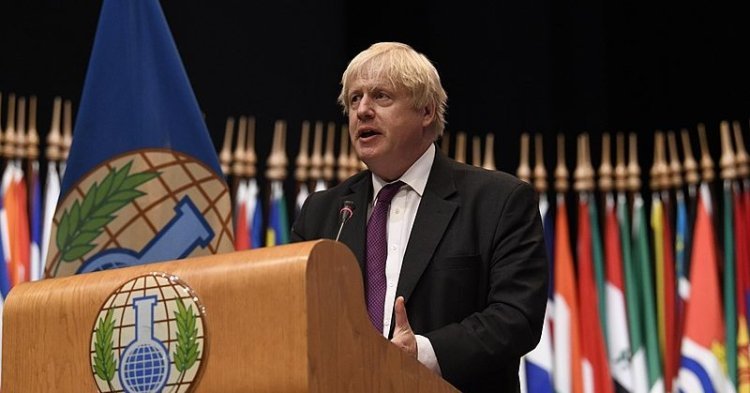The recent updates from Boris Johnson is that ‘whatever happens, we’re leaving the EU, leaving the transition period’. With the government telling the EU that if plans are not concrete by 15th October, we are likely to be seeing a no trade deal Brexit, especially with Number 10 saying its ‘clear’ that a deal ‘will not be easy to achieve’. Johnson is still adamant that a no trade deal is still a ‘good outcome’, but how can we be certain that this will all end well, with conflicts between UK-EU, such as in fishing and in the increasing likelihood of a second wave with the increasing cases?
What does this implementation period consist of?
This period allows key decisions to take place regarding the future of the UK-EU relationship. However during this 11 month period there is no change implemented, allowing trade decisions and business adjustments to take place. During this period, the UK still remains in the EU’s economic zone meaning they still remain in the single market and customs union, allowing friction-less trade between borders. All the same EU rules still apply to the UK and these cannot be changed or voted against by the UK, including the payments into the EU budget and the rulings of the EU court of justice. After this transition period, there will be drastic changes such as EU citizens will not be able to move to work and settle in the UK, and the same with UK citizens in the EU. We can also expect to see restrictions within travel and new immigration policies.
What is the new immigration policy?
After the transition period the new immigration policy consists of a points-based system. From the 1st January 2021 EU citizens will no longer be able to come to live and work freely with the UK. Instead they have to gain ‘points’ to work, and once they reach 70 points, they can work in the UK. These points are gained by certain skills and qualifications, for example being able to speak English equates to 10 points and getting a job offer with a salary meeting a minimum threshold of £20,480 is 20 points. This points system aims to increase the number of high-skilled works to increase efficiency. However this raises questions surrounding jobs such as social care workers where many are on low pay and may not reach the required 70 points, does that mean the UK will be understaffed in many areas now causing an overall decrease in efficiency?
How does covid-19 affect the future of Brexit?
The government are on a tight political schedule to prepare for the 31st December, yet adding in a global pandemic to the mix has certainly caused more disruption. The lack of attention to future agreements and decisions is already a problem for the future of Brexit, let alone the fact that we are currently in a deep global recession, that will need a lot of attention to recover from. Therefore will the UK really be in the best position to go independent from the European Union during the lowest economic position and in the middle of a pandemic?
There has already been a delay of decisions made, reaching no answers in certain fields as said by the chief EU negotiator, Michael Barnier, “no progress has been made”, which certainly does not reassure the public. Furthermore there has been no progress on trade, with negotiations going on since March and ‘little progress’ from either side, leading to no agreement being made. With limited time before 31st December 2020 can we trust a smooth exit for Britain from the European union? If so, there needs to be some fast action, especially due to the threat of a second wave of covid-19 and the largest spike in cases since May 2020 happening across a few days, which will take up more of the political timetable.
Today Boris Johnson has announced that he is drawing up legislation that will override the withdrawal agreement on Northern Ireland, and that a post-Brexit trade deal must be finalised by the 15th of October otherwise we will be faced with a no-deal Brexit. This is a major statement and certainly puts pressure on the negotiators. Johnson has already received opposition, such as from Ireland’s foreign affairs minister, Simon Coveney, who said any change to the original Brexit settlement would be “very unwise”. Businesses maintain that a no-deal Brexit would be disasterous, and LSE economics professor, Thomas Sampson, said no deal could cause a £3.3tn decline in the value of the UK’s output.
With the end of the transition period closer in sight and Covid-19 still a pressing issue, the outcome of Brexit still includes a big element of uncertainty. With the lack of attention on solid plans and approaches, ‘major difficulties remain’ between the UK and EU, as said by the prime minister’s official spokesman, and it is difficult to place full trust on any outcomes at the current moment


Follow the comments: |
|
